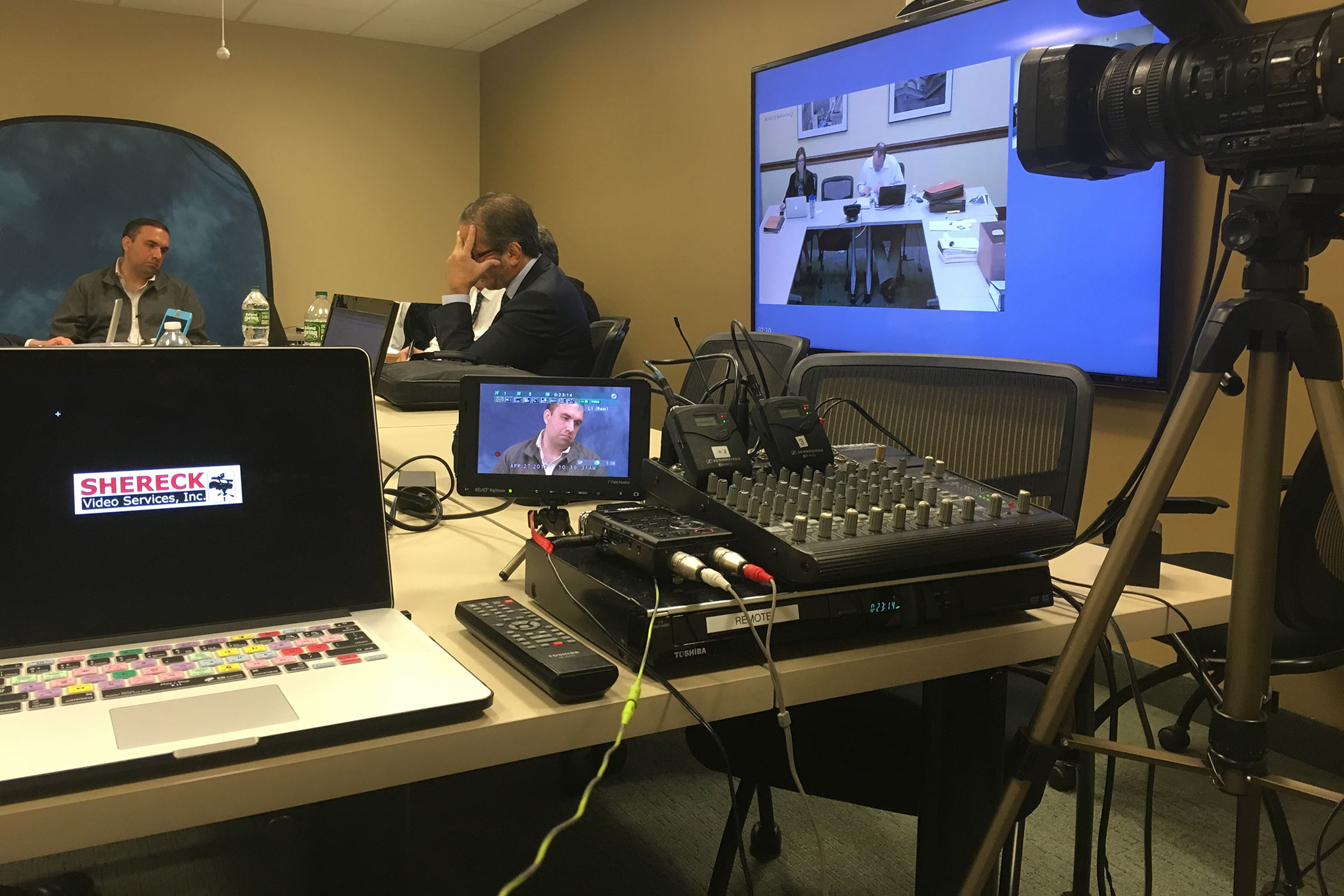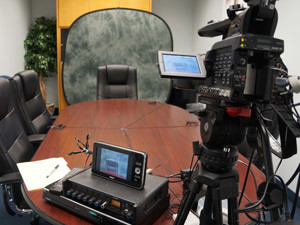The Duty of Legal Videography in Depositions and Tests
Lawful videography has actually arised as an essential device in both depositions and trials, providing a complex strategy to recording witness testaments. By catching not just the spoken word yet also the subtleties of non-verbal interaction, this tool improves the integrity of statements and protects essential proof for future procedures. As legal professionals increasingly recognize its value, it motivates a deeper exam of how these visual records can affect juror understandings and trial results. What effects might these advancements hold for the future of lawful technique?
Relevance of Lawful Videography
Lawful videography plays a crucial role in the documents and presentation of depositions and tests. This specialized area integrates technical skills with lawful knowledge to develop a trusted document of process that can substantially influence case outcomes. The aesthetic aspect of lawful videography enhances the understanding of witness testament, enabling jurors and courts to observe not only the spoken words yet additionally the behavior, emotions, and body movement of the witnesses.

The importance of lawful videography prolongs past the court room; it also plays a crucial function in protecting proof for future reference, whether for charms or further lawful action. Its integration into the lawful process is necessary for guaranteeing a fair and precise representation of the realities, eventually adding to the search of justice.

Process of Legal Videography
While catching the subtleties of depositions and tests, the procedure of legal videography includes numerous vital steps that ensure high-grade, precise recordings. At first, a specialist lawful videographer prepares by evaluating the case products and understanding the certain demands of the deposition or test. This preparation includes familiarizing themselves with the individuals and the context, which aids in recording relevant details.
On the day of the recording, the videographer establishes up the required tools, which commonly consists of high-def electronic cameras, microphones, and appropriate lights. Making certain optimum angles and sound high quality is essential, as it straight affects the efficiency of the recording. The videographer interacts with lawyers and individuals to establish protocols, making sure that everyone recognizes the recording procedure.
Throughout the deposition or test, the videographer diligently records the procedures, paying close interest to both verbal and non-verbal hints. legal videography. This consists of capturing the behavior and reactions of witnesses and attorneys. After the session ends, the videographer may great site edit the footage for clearness and compliance with legal requirements, creating an end product that precisely shows the process for future referral and use in lawful contexts
Benefits in Depositions
The unification of videography in depositions supplies countless advantages that boost the general process of collecting proof. One primary benefit is the capability to catch witness testaments with aesthetic and acoustic integrity, giving an extra accurate depiction of the witness's behavior, tone, and body language. This multidimensional technique enables attorneys and courts to analyze credibility extra successfully than conventional written records alone.
Furthermore, videographed depositions act as a powerful device for maintaining testament. Ought to a witness ended up being unavailable for test, their tape-recorded deposition can be played in court, ensuring that their evidence remains easily accessible and relevant. This element considerably lowers the risk of shedding critical details that might influence instance end results.
Moreover, the use of lawful videography advertises much better prep work for lawyers. Evaluating video footage allows legal teams to assess and refine their techniques, recognizing strengths and weaknesses in their situations. This primary advantage can lead to more compelling presentations in court.
Finally, videography enhances the total professionalism of the deposition procedure, instilling confidence in customers pertaining to the thoroughness of their lawful depiction. By leveraging technology, legal professionals can dramatically improve the effectiveness of depositions.
Effect On Trials
In see it here several tests, the integration of videography can considerably affect the presentation of proof and the jury's perception. Legal videography catches witness statements and vital evidence in a dynamic style, permitting jurors to involve with the material on several levels. This visual part boosts the narration element of a test, giving context and psychological vibration that standard text-based evidence may lack.
Moreover, video recordings can work as powerful tools for impeachment throughout cross-examination. When discrepancies develop in between a witness's previous declarations and their court room testament, video proof supplies an objective referral that can guide jurors' point of views. This immediacy and clarity can strengthen the credibility of an event's narrative while all at once content threatening opposing arguments.
Furthermore, using videography can aid streamline complex information, making it more available to jurors who might struggle to comprehend elaborate details presented solely via spoken testimony. By combining visuals with auditory information, lawful videography can improve retention and understanding, eventually affecting the court's decision-making procedure. The influence of videography in trials expands past simple visual appeals; it plays a crucial role in shaping the legal landscape and end results.
Future Trends in Legal Videography
As we look toward the future of legal videography, numerous emerging trends guarantee to improve its function within the court room. One considerable trend is the integration of fabricated intelligence (AI) in video analysis and modifying - legal videography. AI can improve the procedure of determining vital minutes in taped depositions, permitting attorneys to promptly access appropriate content, thereby enhancing effectiveness in case preparation
In addition, the rise of digital truth (VR) and boosted reality (AR) technologies is expected to change how jurors experience evidence. By immersing jurors in a substitute atmosphere, these technologies can give an extra extensive understanding of complicated situations, bring about even more informed considerations.

In addition, the boosting demand for remote depositions, accelerated by the COVID-19 pandemic, will likely proceed. Lawful videographers will need to adjust to brand-new software application and systems to ensure high-grade recordings in virtual setups.
Finally, the expanding emphasis on information protection will demand more stringent procedures for storing and sharing video proof. As the lawful landscape develops, lawful videographers have to stay abreast of these trends to preserve their significance and effectiveness in the judicial procedure.

Verdict
In summary, lawful videography serves a crucial feature in the judicial process, enhancing the stability of depositions and trials. As innovation proceeds to develop, lawful videography is positioned to additional transform its duty within the legal landscape.